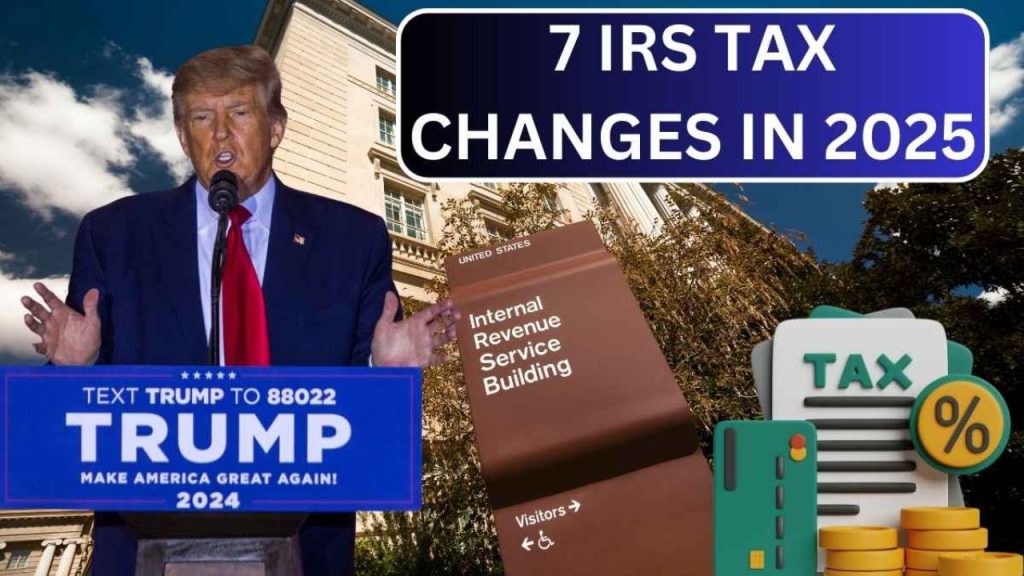The Tax Cuts and Jobs Act of 2017 (TCJA) lowered taxes for millions of households and made filing simpler for many — all while making the country’s fiscal outlook worse. At the end of December 2025, the provisions in the subtitle on Individual Tax Reform of the TCJA are scheduled to expire, teeing up an important debate on tax and fiscal policy.
With such high stakes, policy experts and economists have started to put forward proposals and develop some agreement about what should be kept, what should be changed, and what should be discarded from the TCJA.
The most expensive element of the expiring provisions involves the lower marginal rates imposed in 2017; a variety of opinions exist about how to address those rates.
However, the discussion below indicates that some agreement exists that simplified deductions and exemptions were effective, while provisions related to pass-through businesses were not.
Tax Reform In 2025
The expiration of the individual tax provisions of the TCJA presents a crossroads for the country’s fiscal trajectory. The Congressional Budget Office (CBO) and the Joint Committee on Taxation estimated that the TCJA increased deficits by $1.6 trillion over its first 10 years (2018–2027); extending only the expiring provisions of the law would have an impact about two-and-a-half times larger, increasing deficits by $4.0 trillion over the 2025–2034 budget period (excluding associated interest costs).
There are countless combinations of tax policies that lawmakers could pursue in 2025, and they could choose to limit themselves to only the expiring provisions of the TCJA or open up the entire tax code for reform.
While the provisions noted below may suggest similar approaches to certain expiring provisions, those policies are part of a larger package that each expert has put forth — including some that raise revenues and others that decrease revenues but offer other benefits, such as simplicity.
That said, all the experts have adopted the same goal for tax reform in 2025: improving the tax code to promote economic growth and fiscal sustainability.



